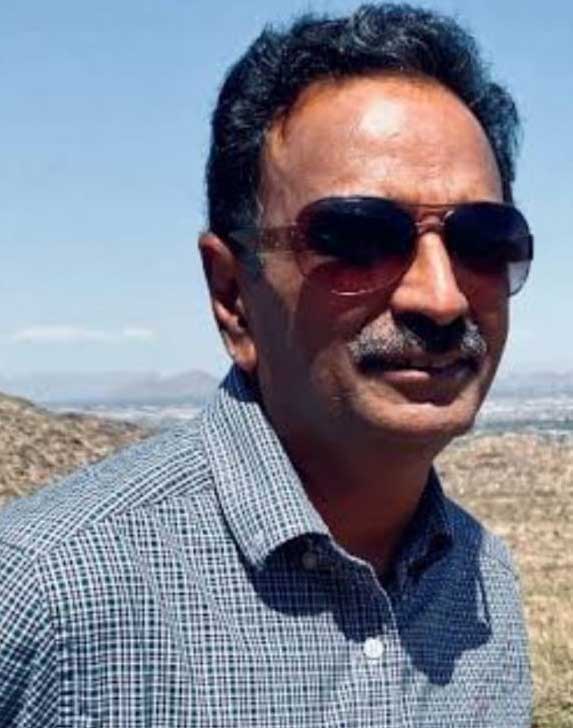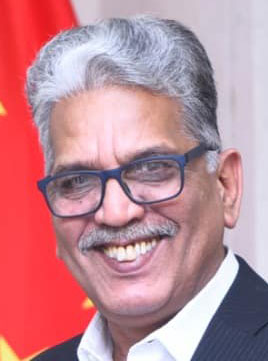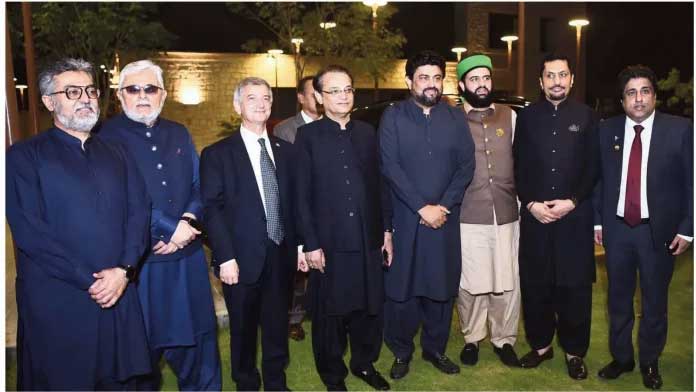While honesty is important, it is not enough to ensure success in politics or governance. The case in point is Imran Khan. Mr. Khan is generally considered to be honest in his dealings, as demonstrated by his previous roles as a professional cricketer, fundraiser, and philanthropist. However, despite his honesty, Khan has not proven to be a great leader with a track record of success. During his nearly four-year tenure in power, there has been not any fundamental change towards the betterment of the country or its people whether it is economic growth, anticorruption measures, or development of human development factors such as public education. Even though he has not been accused of any large misappropriation of public funds for personal use, unlike his predecessors. The ruling alliance is blowing the Toshakhana and illegal foreign funding cases out of proportion. Even though someone who presents themselves as a Saint should not have been involved in Toshakhana. A valid but minor charge against him is his shady dealings with Riaz Malik regarding Al-Qadir “Rohani Taaleem” University in Punjab, which resulted in a failed project that cost millions of dollars.
However, his political decisions have been proven to be problems that have led to the current state of affairs in the country. A complete stalemate between the ruling alliance and PTI (Pakistan Tehreek-e-Insaf), a compromised judiciary, a disgraced military, and a renegade parliament. Certainly on the corrupt ruling alliance and the army have played a major role the current situation, Khan himself is at fault for bringing the corrupt PDM (Pakistan Democratic Movement) into power and contributing to the current untenable situation.
One of Khan’s earlier mistakes was his poor handling of politics and dealings with both the opposition as well as his alliance, which led to a vote of no confidence against him in parliament. His handling of the vote of no confidence in the parliament was much less than graceful and tantamount to breaking the constitution. The biggest mistake was then the resignation of his party from the National Assembly., which showed a lack of respect for democracy at the minimum and losing power in the legislative council. Had his party remained in parliament, they could have turned the tables by winning back some lost votes and potentially staging another vote of no confidence against the current Prime Minister. Staying in the National Assembly would not have prevented him from rallying in public to gain public support, as he eventually did outside the parliament. The strong public support Khan currently enjoys is all because of his populist agenda. Undoubtedly Khan is a charismatic speaker. His speeches are full of anti-American, anti-army, and anti-corruption rhetoric. What is there not to like?
Breaking the Punjab and KPK (Khyber Pakhtunkhwa) assemblies was another poor decision on many fronts. How could he trust the corrupt ruling alliance to follow the constitution and hold provincial elections within 90 days of breaking the assemblies? By doing so PTI lost all the administrative government powers in these provinces, Even if PTI wins back the majority in these provincial governments we would be in the same situation still demanding the national elections to bring back into power. If the election outcome is less than desirable, there would be another hue and cry. Instead, Khan could have shown some flexibility and insisted on having a firm date for general elections rather than having provincial elections hastily. It would perhaps require the involvement of respected mediators from civil society or political and religious leaders from both sides.
PTI winning a 2/3 majority in the parliament, even if the elections were to be held free and fair is unlikely without significant public support in the other two provinces Sindh and Balochistan. Khan has hardly held any rallies in these provinces, which is a strategic mistake.
In addition to poor politics, PTI’s performance over the past four years has been lackluster at best. Despite being in politics for 22 years before coming to power in 2018, PTI was caught off-guard and unprepared to govern. Although there were some improvements in the later years, largely due to excessive foreign loans. The handling of the pandemic was relatively successful, albeit with some attributing it to luck rather than effective governance.
One of the biggest mistakes of Khan’s governance was the appointment of Usman Buzdar as Chief Minister of Punjab, the largest province of Pakistan. Buzdar was perceived as corrupt and incompetent. Mr. Khan has failed to implement effective anti-corruption measures, and Pakistan’s ranking on corruption indices has even slipped during PTI’s time in government. Instead of implementing sound measures for economic growth, he relied on an empty slogan such as “Riasat-e-Medina.” Khan also failed to show a lack of resolve by withdrawing the name of Mian Atif, a highly respected economist at Princeton, from the economic council due to his minority sect in Pakistan. This lack of strength and spine weakened Khan’s leadership. He does deserve some credit for introducing Health Cards in Punjab and KPK.
During his time in office, Pakistan’s relationship with China, its “all-weather friend,” suffered greatly due to investigations and re-negotiations of all CPEC programs. It’s unwise to start a conflict on multiple fronts simultaneously. Mr. Khan’s government falsely accused Qazi Faez Isa of corruption.
His dealings with the Army are highly questionable. He publicly praised Gen. Bajwa until the end and even granted him a 3-year extension as the military chief, but after losing office, he accused him of meddling in politics, which is historically true. While the ruling alliance may be corrupt, Imran Khan is not a saint either.
Having said all that, Khan is very popular. He deserves another chance to be in the office depending on the outcome of a free and fair election. Only if he learns from his past mistakes and shows some flexibility and less arrogance, he could be a great leader.
God bless Pakistan!
Honesty is not enough




